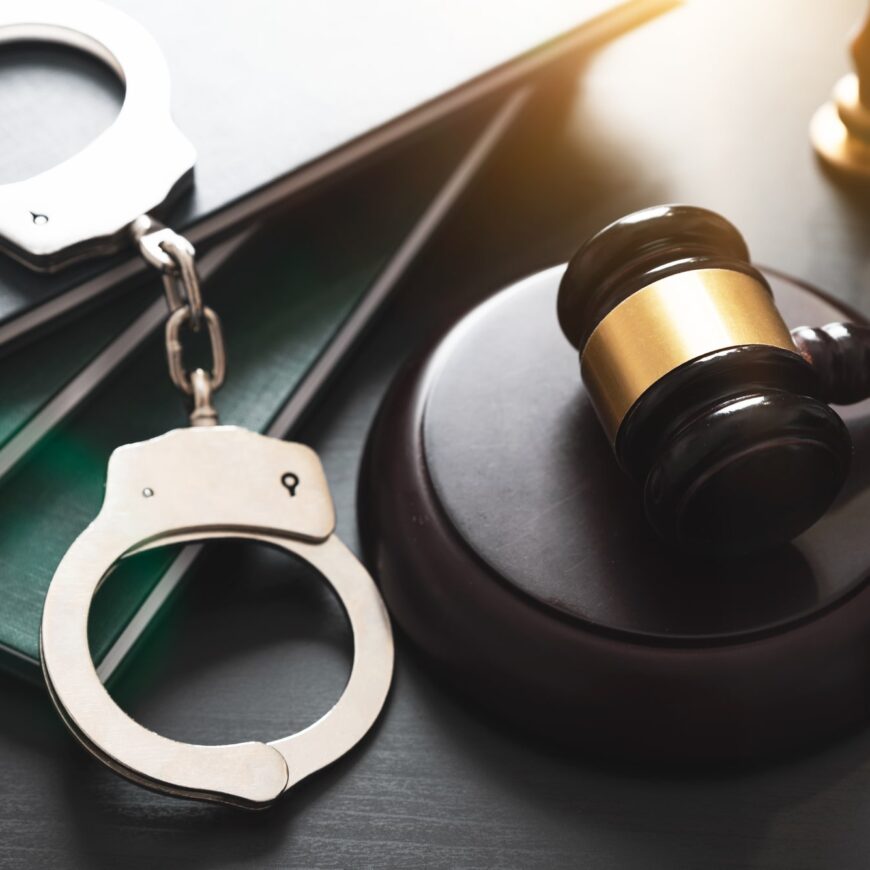DUI Lawyer
Statistics show that Texas leads the nation in drunk driving accidents, as an Arlington, TX DUI lawyer knows only too well. With an accident occurring about every 20 minutes that involves someone who is intoxicated. DUI statistics show that not just one age range is impacted. This includes everyone from college to elderly, and in some cases there are children with the driver. In 2016 alone 987 people passed away, with San Antonio being the highest amount of DUI crashes at 1,845 deaths. The largest portion of DUI accidents happened between the hours of 6:00 p.m. and 4:00 a.m. Drunk driving accidents can happen any night, the top three nights for drunk driving are Fourth of July, St. Patrick’s Day, and New Year’s Eve.
The legal blood alcohol limit for operating a vehicle after drinking is .08% or higher and minors who have a blood alcohol of .01 or higher are considered to be driving under influence. Being under the influence does not mean it has to be alcohol. This could be a controlled substance or any drug that hinders your mental or physical capabilities. In Texas is is illegal to drive with an open container, even if you are not consuming it. Driving under the influence with a child under 15 is considered a felony. A DUI has a minimum of 72 hours in jail and driving under the influence with a minor brings a 6 day jail minimum.
In an attempt to curve the problem, judges have now assigned ignition interlocks for anyone driving with a .15% or above. This has shown a decline in accidents by 8.5%. That may not sound like a big difference, but it absolutely saved someone’s life. Between 2006 and 2016 ignited interlocks have prevented nearly 250,000 vehicle starts. In Texas it is considered unconstitutional to set up a road block or checkpoint. First time offenders could be eligible to participate in a program that counsels and rehabilitates offenders generally lasts a year.
The money that driving with under the influence could cost you can be in the tens of thousands after court and attorney’s fees. Choosing to drive after drinking is choosing to put someone else’s life in your hands. There are many options that are at the disposal of the public could possibly not only save someone else’s life, but could see your own as well. Have a designated driver, call a friend, call an uber. If you have a problem and need help, please contact the Substance Abuse and Mental Health Services Administration (SAMHSA) at 1-800-662-4357.
Thank you to our friends and contributors from Brandy Austin Law Firm, PLLC for their insight into DUI cases and criminal defense.


